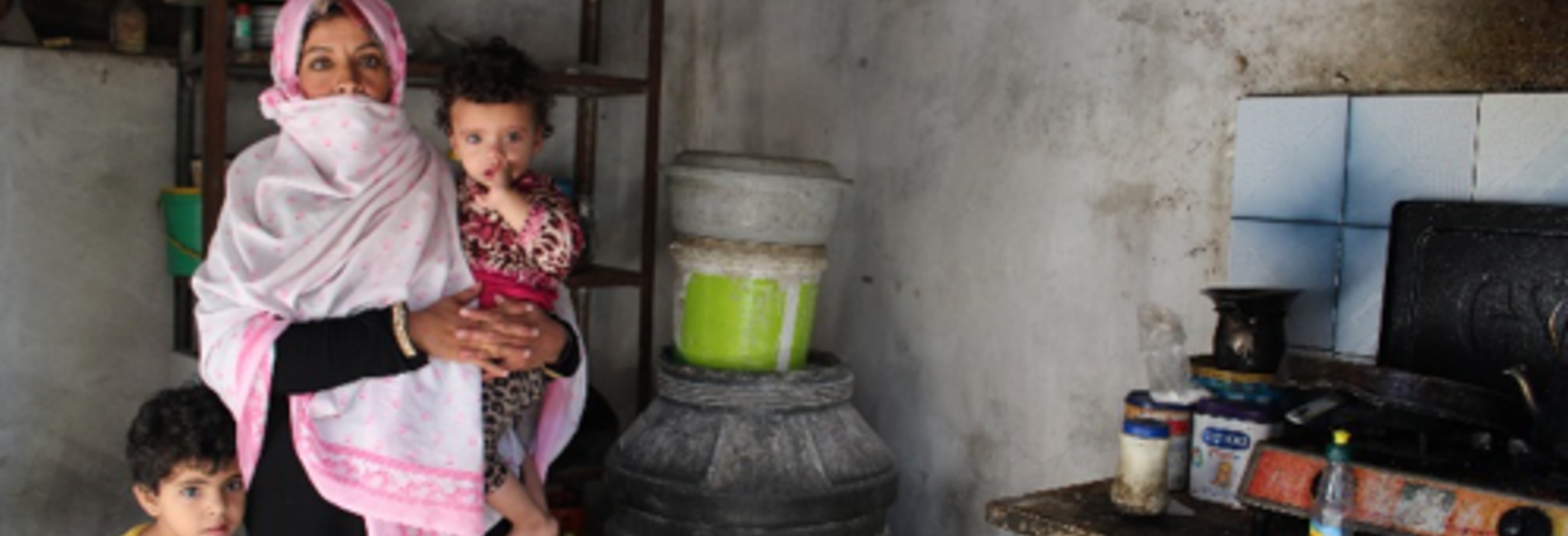Overview: October 2017
On 1 November, the Hamas authorities handed over control of the Erez, Kerem Shalom and Rafah crossings to the Palestinian Government of National Consensus. This is the most significant practical step so far towards the implementation of the reconciliation agreement signed by Fatah and Hamas on 12 October 2017, with Egyptian facilitation. The agreement points the way to a possible end to the decade-long internal Palestinian divide and to an improvement in living conditions in the Gaza Strip, including a potential lifting of the Israeli blockade.
However, as of the time of writing, none of the measures that triggered the latest deterioration in the humanitarian situation in Gaza since April 2017 has been reversed, including the Palestinian Authority’s cuts in the funding of the electricity supply from Israel, and in the allowances paid to public employees. For the sixth consecutive month, the two million residents of Gaza have received electricity for only four to six hours per day, negatively impacting all aspects of their lives. During his August visit to the OPT, the UN Secretary-General characterized the situation of Gaza as “one of the most dramatic humanitarian crises” he had ever seen.
This month’s Humanitarian Bulletin focuses on the situation in the water, sanitation and hygiene sector (WASH), where the provision of emergency fuel by humanitarian agencies to 145 critical facilities resulted in a limited improvement in some of the key indicators in September. However, these indicators remain well below the levels recorded during the first quarter of 2017, prior to the aggravation of the energy crisis. Of additional concern, apart from the provision of emergency fuel, urgently-needed interventions in the WASH sector remain critically underfunded, raising concerns about the potential spread of waterborne diseases as the winter rains approach.
In the West Bank, October witnessed a number of developments regarding the establishment and expansion of Israeli settlements, which have been a longstanding driver of humanitarian vulnerability for Palestinians. These included the advancement of plans for the construction of more than 2,000 new housing units, including in two new settlements planned for the relocation of settlers evacuated from two unauthorized settlement outposts (Migron and Amona) following court orders.
This Bulletin also details the impediments that Palestinian farmers face in accessing their private land in areas taken over or officially seized for the establishment or expansion of settlements, and subsequently evacuated following Israeli court decisions. The article profiles the situation of Burqa farmers, in the Nablus governorate, who are prevented from accessing their private land around the settlement of Homesh, which was evacuated in 2005 as part of Israel’s ‘Disengagement Plan’.
This Humanitarian Bulletin also highlights the situation of four Palestinian communities in the northern Jordan Valley, home to over 170 people, half of them children, who are at imminent risk of forcible transfer. This followed the recent closure of petitions they filed with the Israeli High Court of Justice, which paved the way for the demolition of the majority of the communities’ homes and other structures. The affected communities are located in Area C, mostly within an area designated for military training (‘firing zones’), where Palestinian access is prohibited.
A number of issues raised by Assistant-Secretary General, Miroslav Jenca, in his October briefing to the Security Council are relevant to this month’s Bulletin. Regarding Palestinian reconciliation, the Assistant-Secretary reported that “the Secretary-General has spoken to President Abbas and welcomed the signing of this intra -Palestinian agreement. Its timely implementation and concrete efforts to alleviate the humanitarian crisis will be critical for effectively empowering the Palestinian Government in Gaza”. Regarding the West Bank, Mr Jenca reiterated the UN position “that all settlement activities are illegal under international law and are an impediment to peace”, and urged Israel “to cease the practice of demolitions, which has led to the displacement of thousands of people”.










